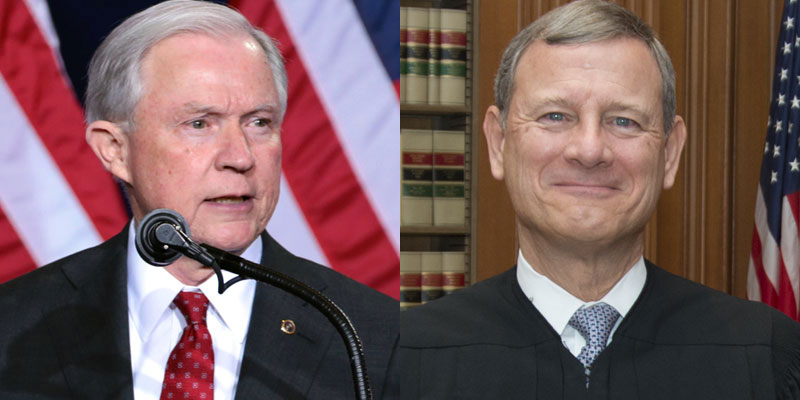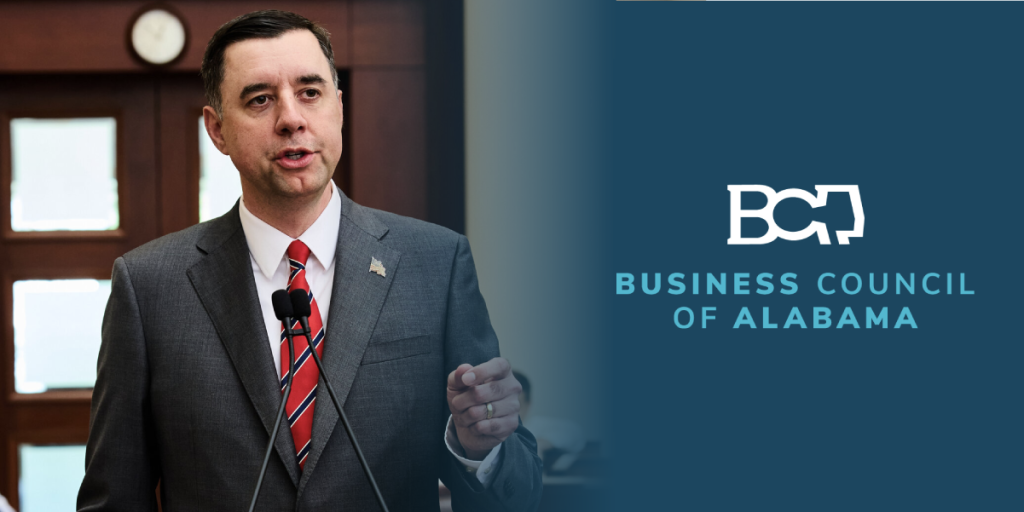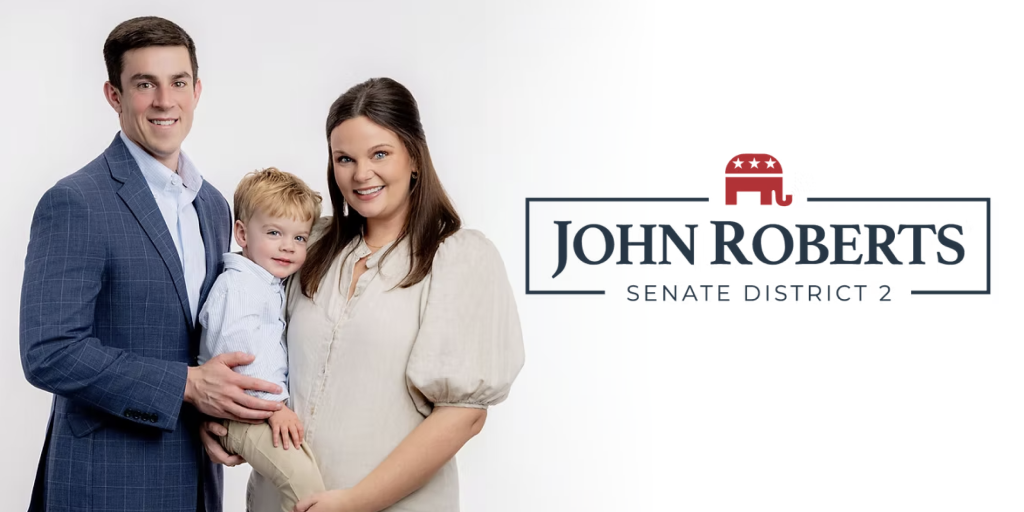In an interview with Yellowhammer News, former Attorney General Jeff Sessions expressed disappointment in Supreme Court Chief Justice John Roberts’ vote to uphold the DACA program and said that Congress should look at restricting the jurisdiction of the federal courts, which Sessions believes are consistently leaning leftward in their decisions.
Alabama’s former U.S. Senator, who is currently seeking the seat he once held, also expounded on a version of legislative relief for children brought to America illegally he believed could pass and argued his primary runoff opponent, former Auburn head football coach Tommy Tuberville, was soft on immigration.
Many of Sessions’ comments were in reference to the Obama-era Deferred Actions for Childhood Arrival (DACA) program, which was instituted by executive order in 2012 and grants legal status to some immigrants brought to America illegally while under age 18. A 5-4 Supreme Court decision handed down Thursday blocked the Trump administration from eliminating the program. Around 700,00 immigrants have taken advantage of the program. Sessions had a role in beginning the process of the attempted repeal when he served as the Trump administration’s first attorney general.
Sessions, who as a U.S. Senator in 2005 voted to confirm Roberts, expressed dismay about several of the Chief Justice’s recent votes.
“He was the swing vote on Obamacare, upholding it, and he was the wrong vote yesterday on redefining sex, and he cast a disastrous vote today,” continued Sessions.
“I thought he was going to be one of the great justices we’ve ever had; he was the most impressive witness I’ve ever seen in my 20 years on the judiciary committee,” Sessions told Yellowhammer before adding that he was “deeply saddened” by Roberts recently.
Sessions further expressed frustration with what he sees as an ever-increasing leftward tilt to the decisions coming down from the federal judiciary.
“The decisions always are going left. … The American people are not going to go quietly to let them set social policy and other liberal agendas that Congress has not enacted,” the former attorney general said.
Yellowhammer News, who spoke with the former attorney general over the phone late Thursday afternoon, asked Sessions if he thought there was something he thought Congress should do to curtail the reach of the federal courts he saw as pushing an agenda.
“One of the things that’s out there is a pretty clear authority for Congress to withdraw jurisdiction from the courts,” responded Sessions, referencing a constitutional authority Congress has that is often termed “Jurisdiction Stripping.”
“Congress has been deferential to the courts, and there have never been enough votes to do that, but I think a lot of those kind of issues may come up,” continued the former senator.
“If they’re going to play the political game, then they’re in the game. If they’re going to advance social or political agendas then they have to answer for that,” concluded Sessions with respect to how he would address the courts if he returned to the Senate.
Many legal commentators have observed that the Supreme Court did not, in exact terms, uphold DACA, but rather found that the manner by which the Trump administration tried to repeal it violated the arbitrary and capricious standard for federal administration.
As such, Yellowhammer News asked Sessions if he believed the program could still be repealed with a new legal strategy.
“It remains a doable thing,” Sessions replied, noting that it would be a long and arduous process to maneuver the repeal through the federal bureaucracy.
In a statement earlier in the day on Thursday, Sessions attacked the manner in which DACA was implemented, objecting strongly to what he saw as a program created through “executive fiat” by then-President Obama. Those comments echoed what Sessions has argued about DACA since its creation in 2012.
Yellowhammer asked Sessions whether, methods of implementation aside, he supported the basic idea of allowing immigrant children, brought to America illegally while underage, to be granted legal status.
“I think that could be settled,” began Sessions cautiously. “There are ways it could work,” he noted later.
“You’d have to create a mechanism so it doesn’t happen again… the law has to be tight enough so that somebody who is 29 can’t say ‘I came here when I was 17,’” he outlined.
“You’ve got to be able to have more than just a statement that ‘I came here as a teenager,’” added Sessions.
“Probably a large percentage of these were older teens not young children and they came here to join an illegal relative often, or maybe a legal relative, and to burrow into the United States,” remarked the former attorney general.
Sessions argued that the legislative efforts brought up during his years in Congress were too broad and did not have strict enough standards for determining who had a legitimate claim for that type of program.
The former senator specifically mentioned that the DREAM Act, which he opposed in Congress, “put them on a path to citizenship, and I don’t think that’s the right procedure either.” He maintained there would have been votes for passage if the bill only granted legal status and made other concessions.
Yellowhammer News concluded the interview by asking Sessions how he thought the DACA issue and immigration more broadly would affect his July 14 runoff against Tuberville and the presidential election in November.
Sessions alleged that Tuberville is soft on immigration, and highlighted comments from Tuberville his campaign has been using that appear to indicate the coach is open to some immigration proposals.
Tuberville’s campaign posted on Facebook Thursday that he opposed the Supreme Court’s decision, and criticized Chief Justice John Roberts.
Sessions also knocked Tuberville for ties to consultant Rob Jesmer, who has made some anti-Trump comments in the past.
“I’m not sure how it will play out for the president,” remarked Sessions with respect to the immigration debate, before concluding, “I think eventually he can fix this, and I hope he will.”
Sessions will face Tuberville at the ballot box on July 14.
Henry Thornton is a staff writer for Yellowhammer News. You can contact him by email: [email protected] or on Twitter @HenryThornton95













